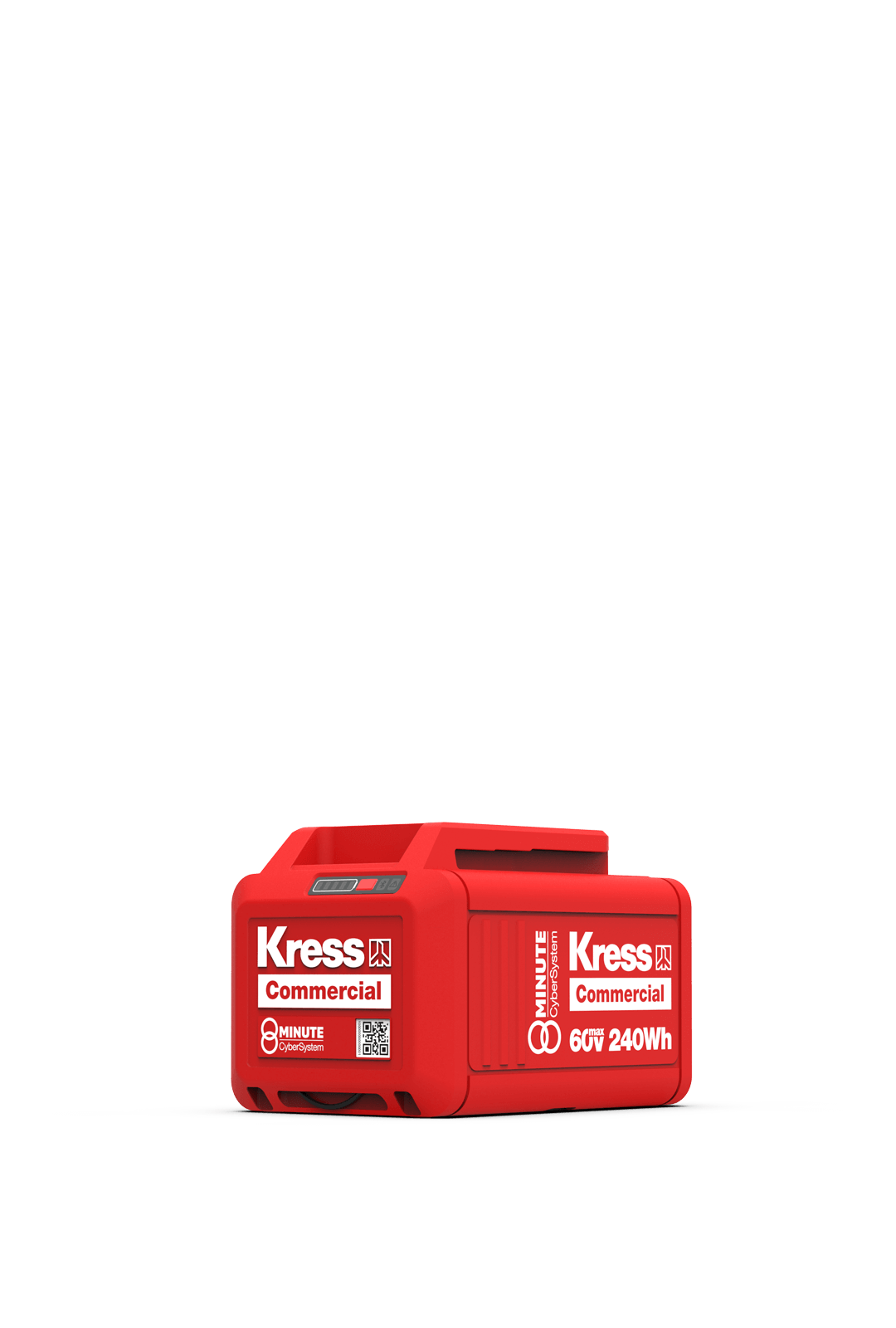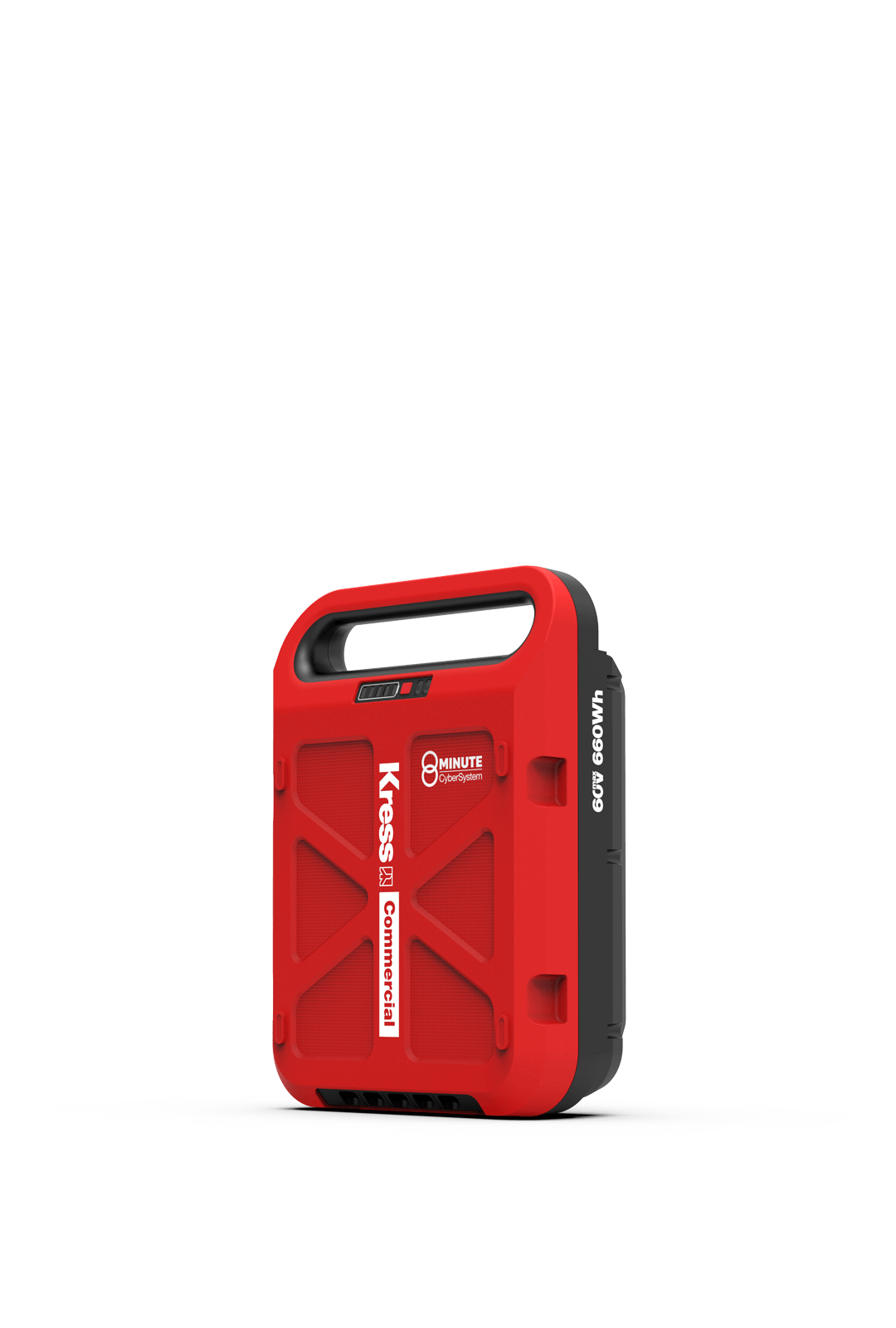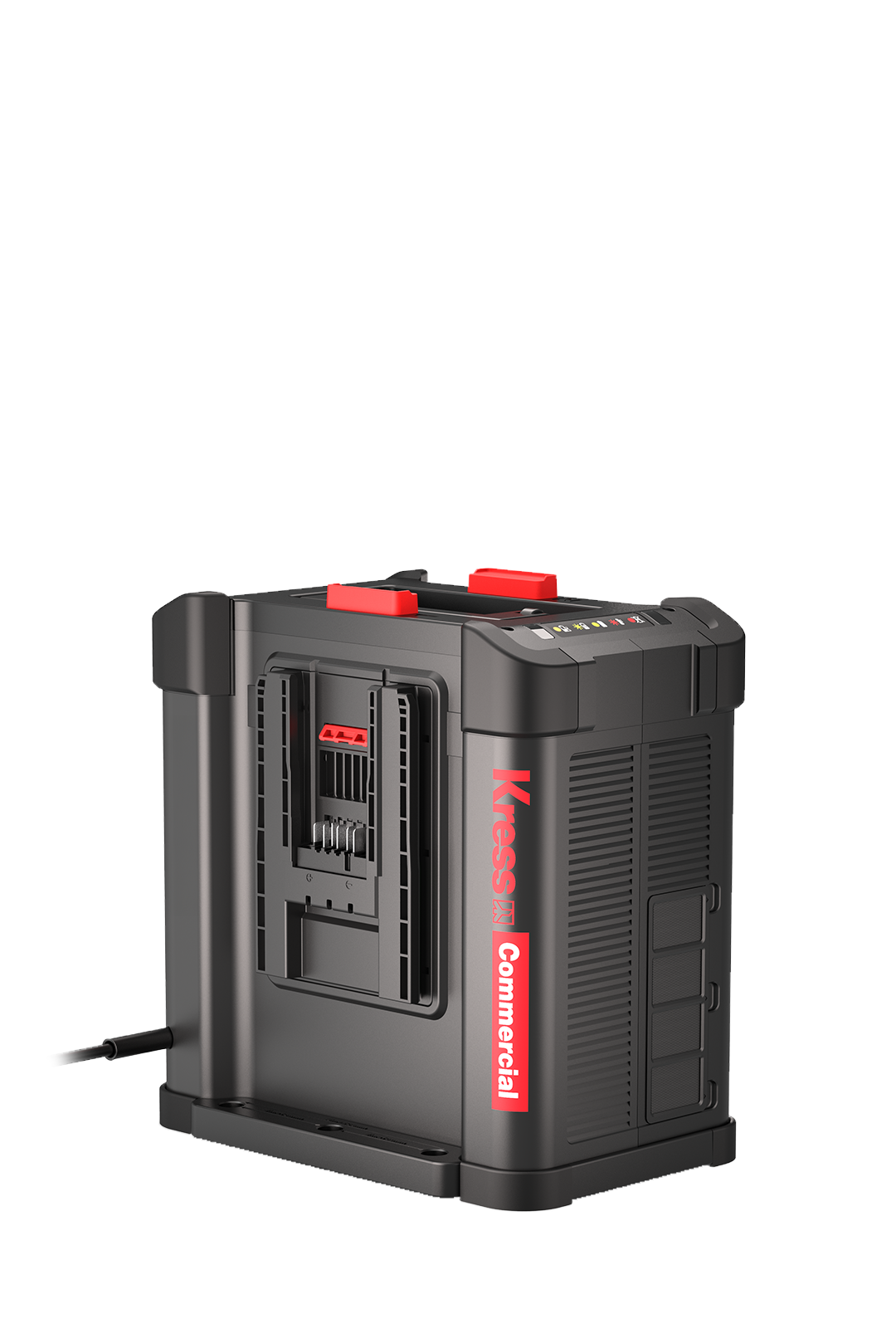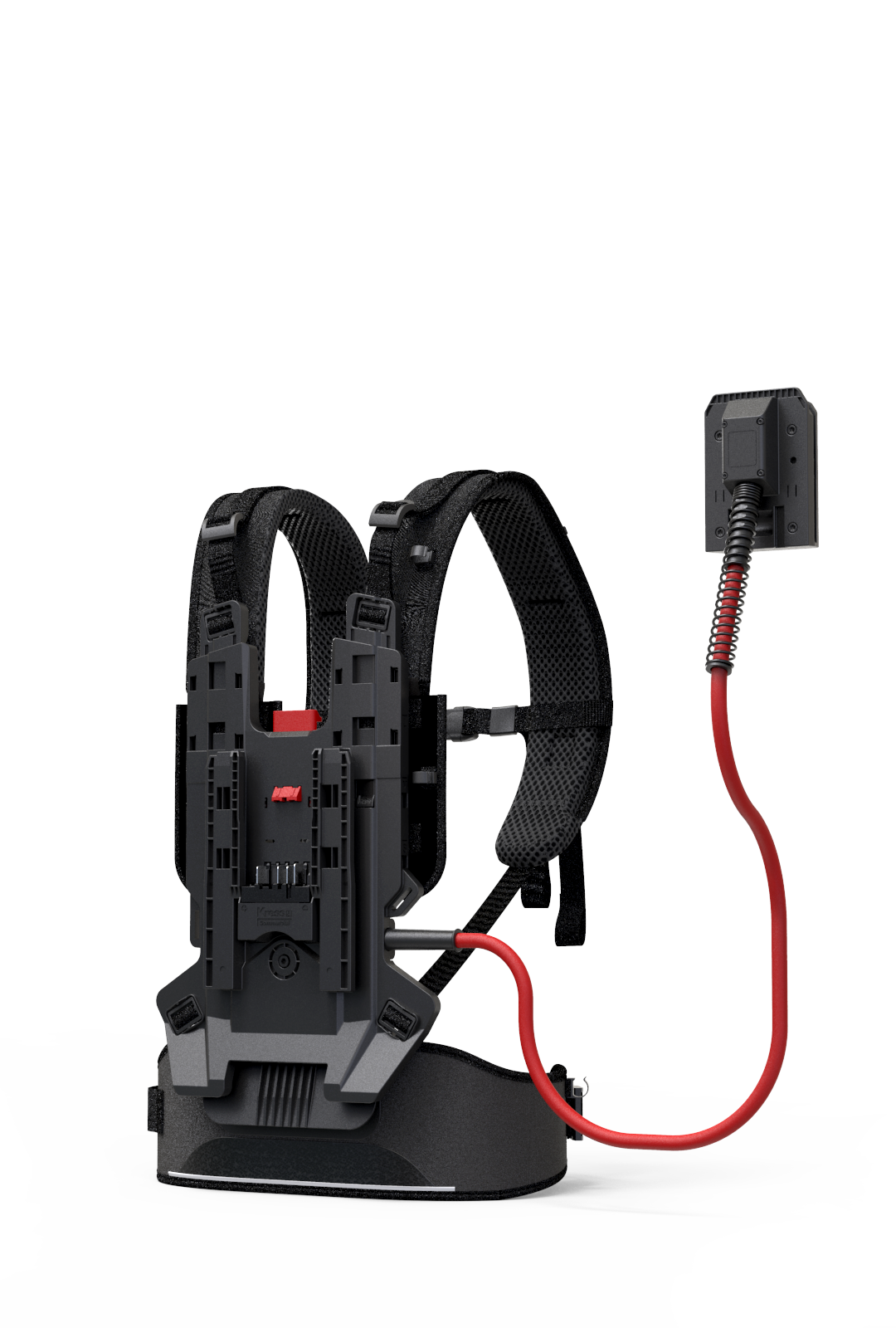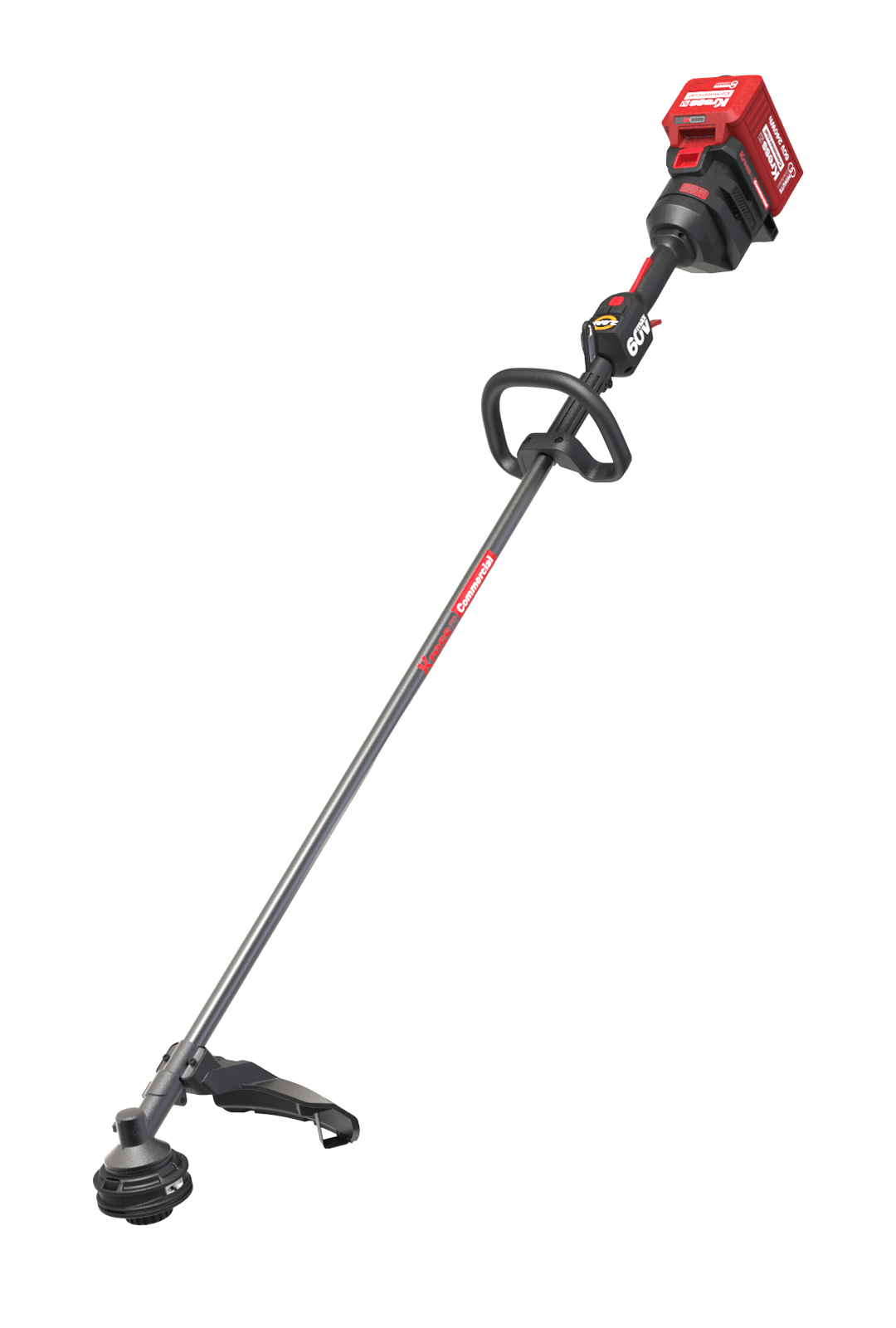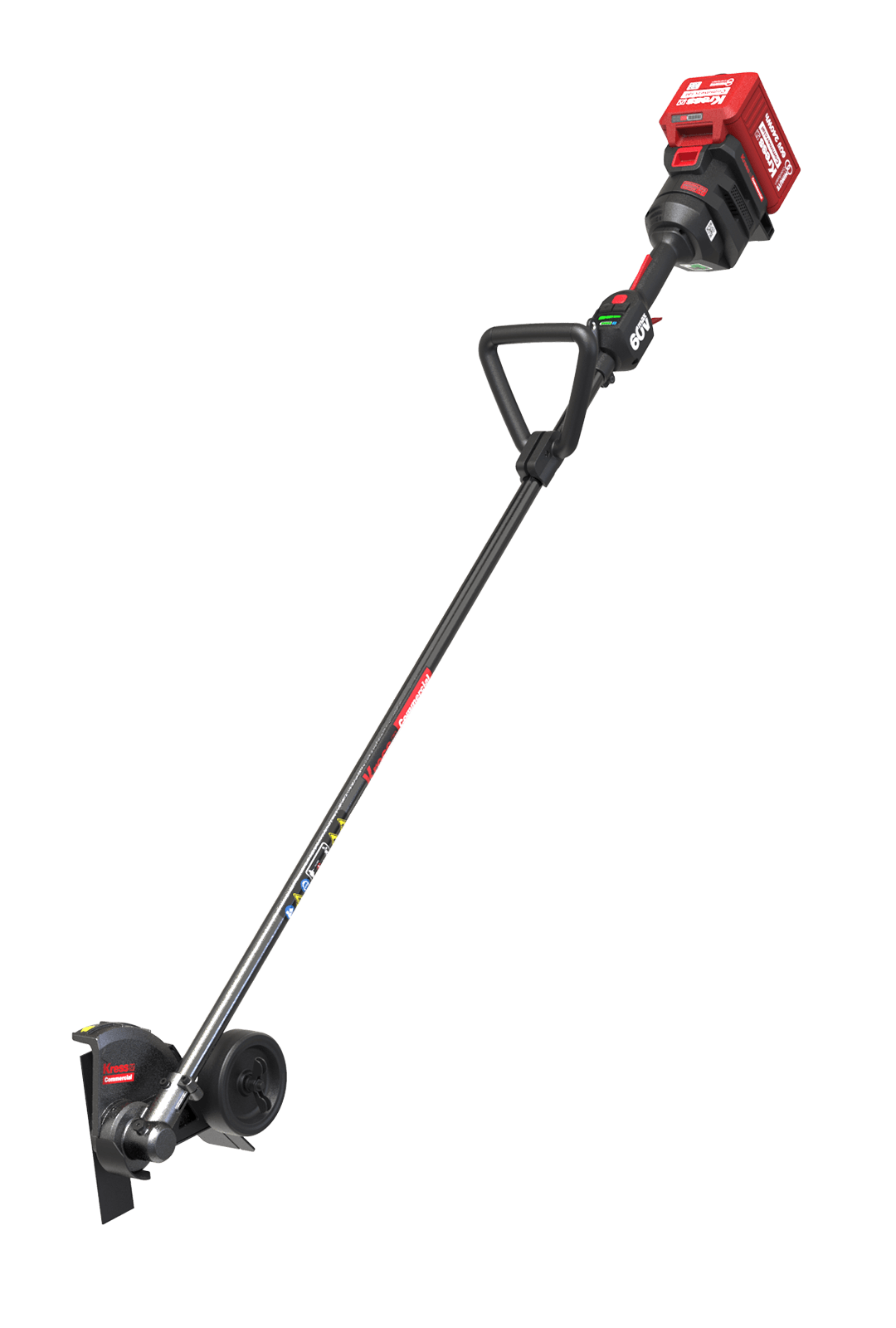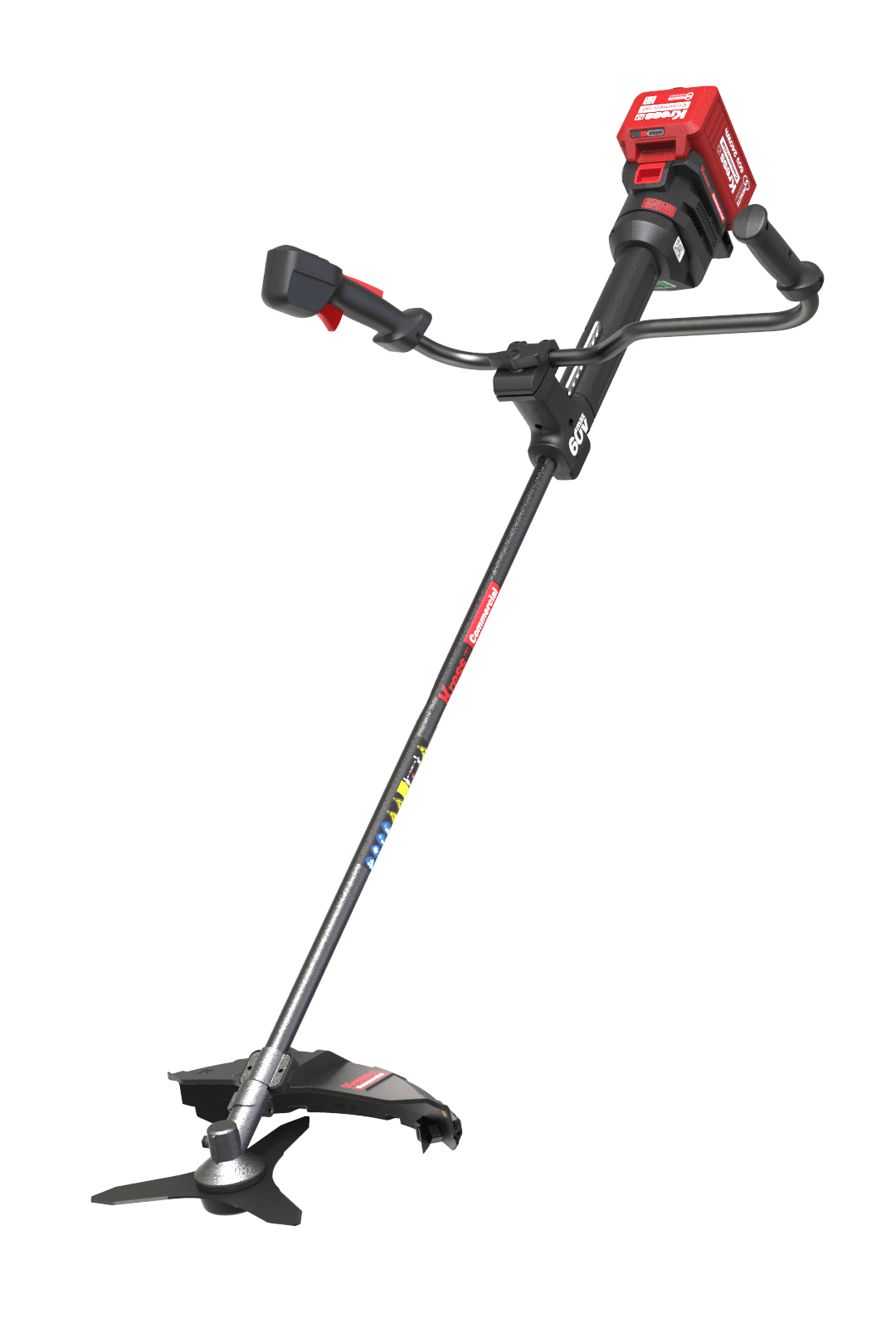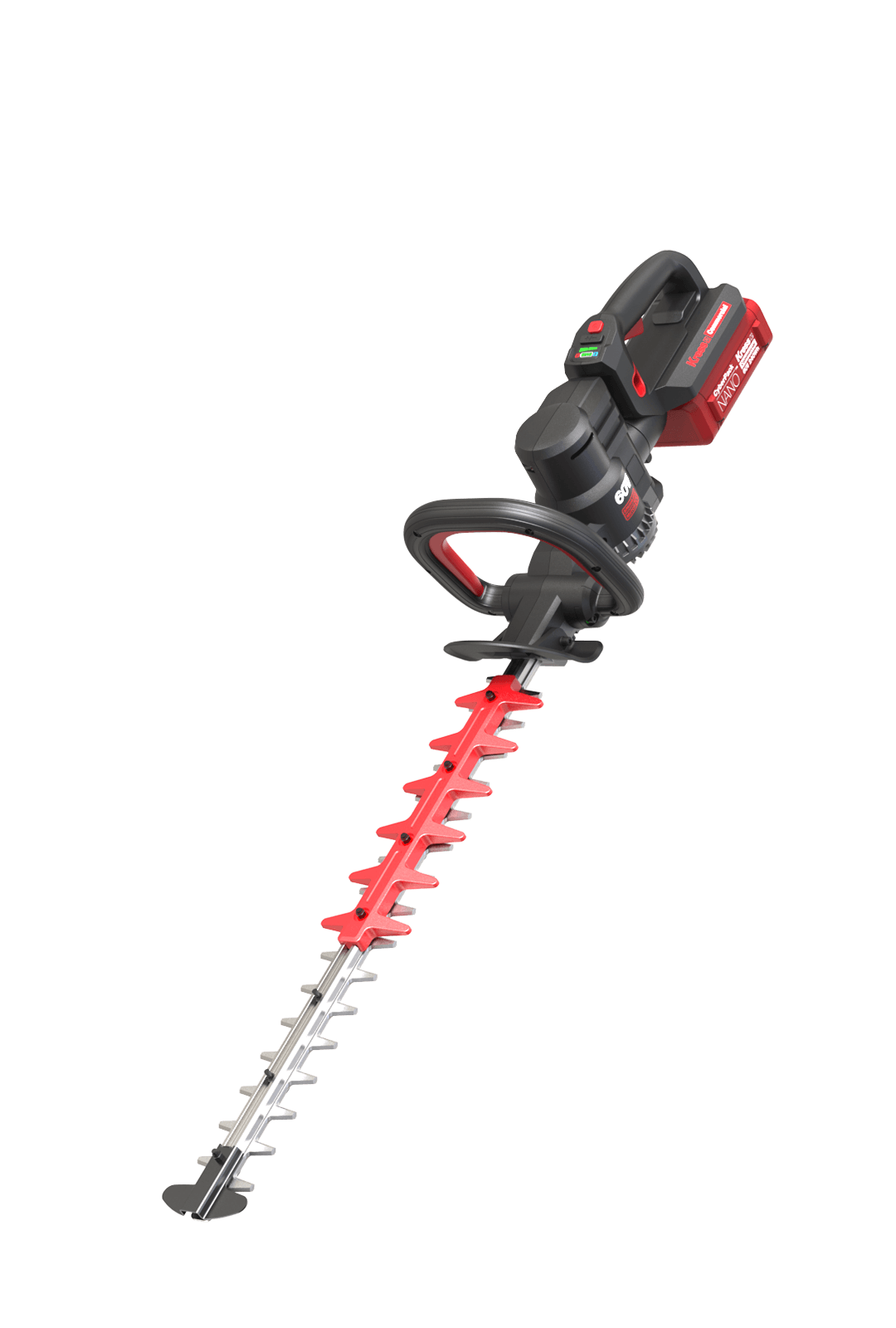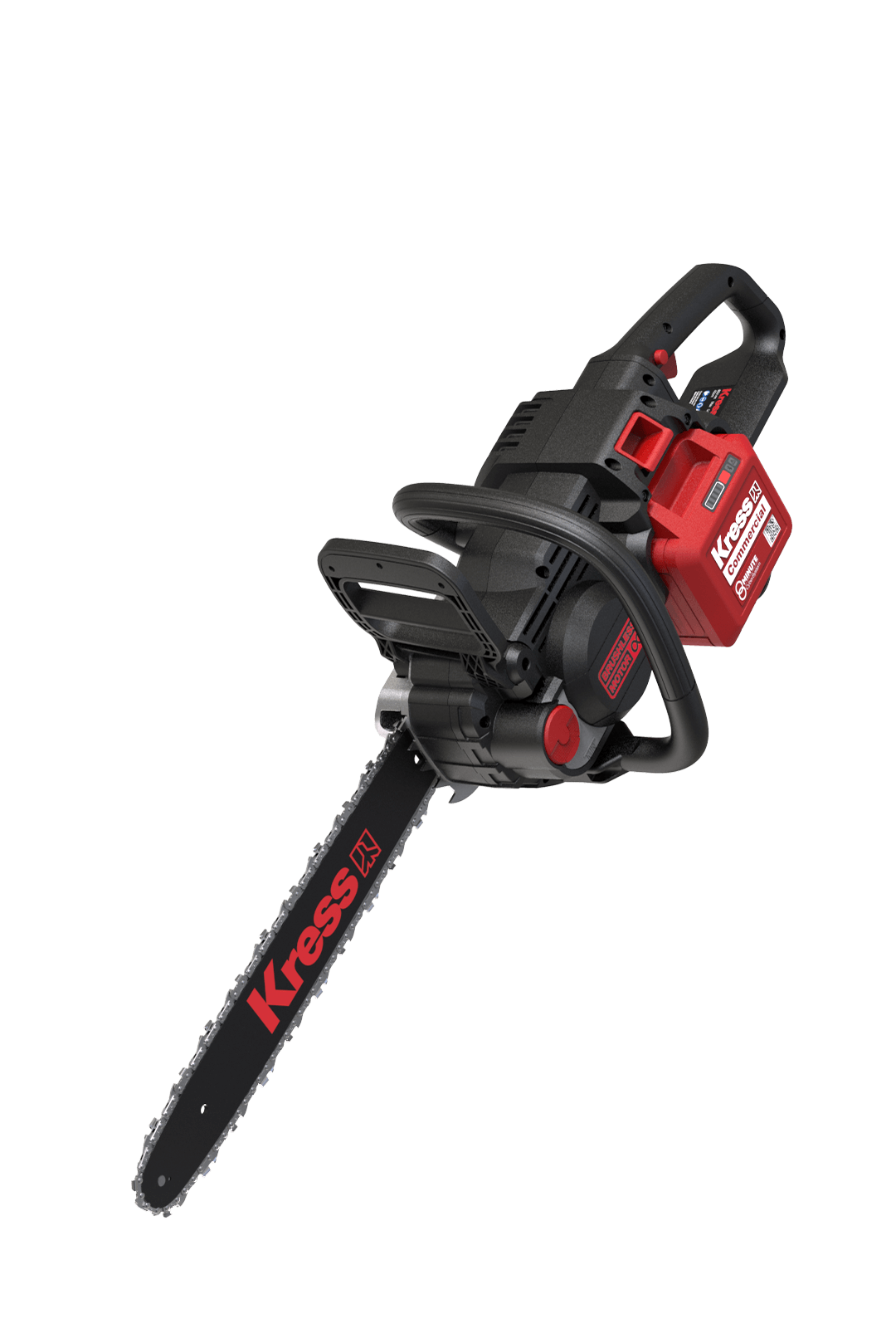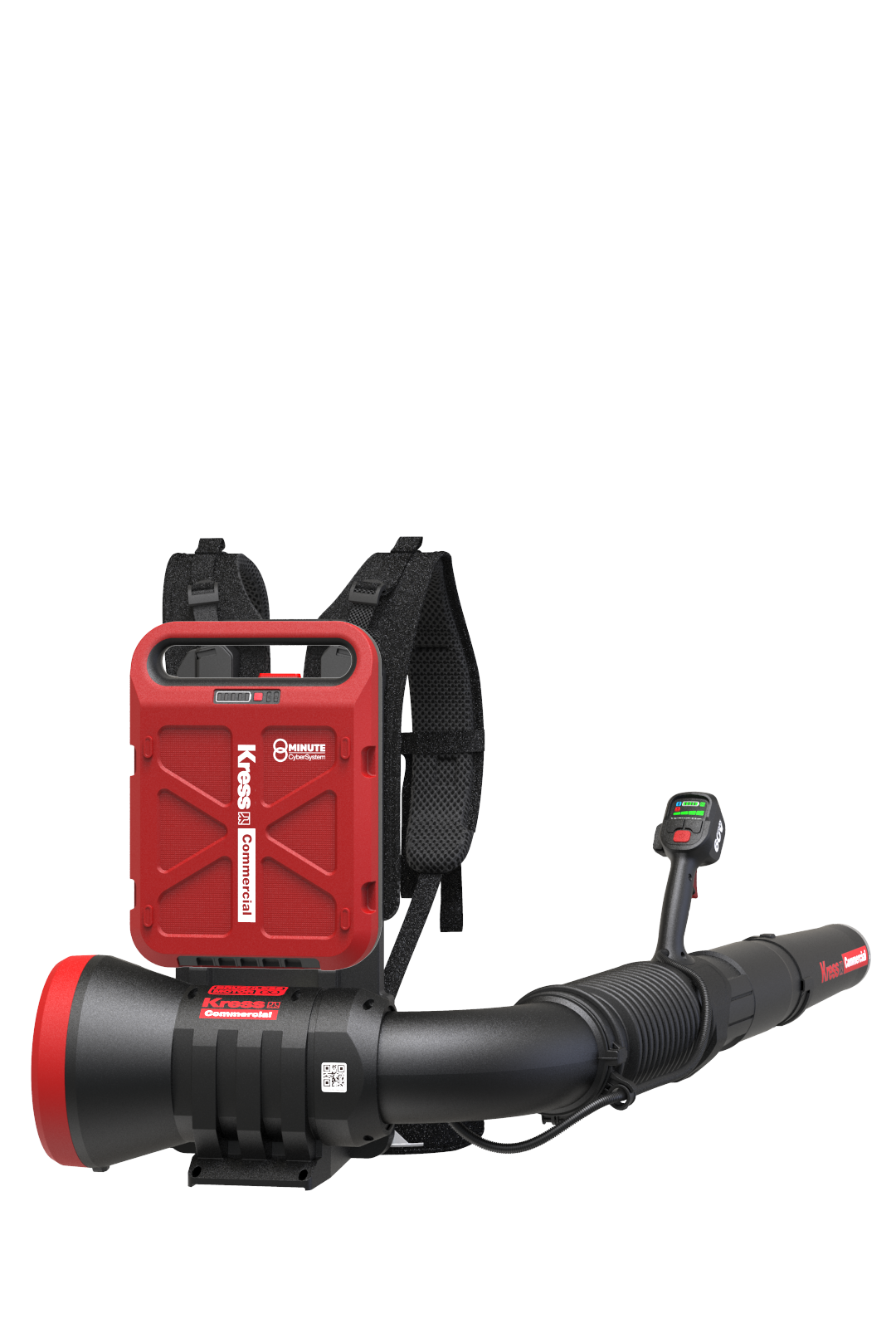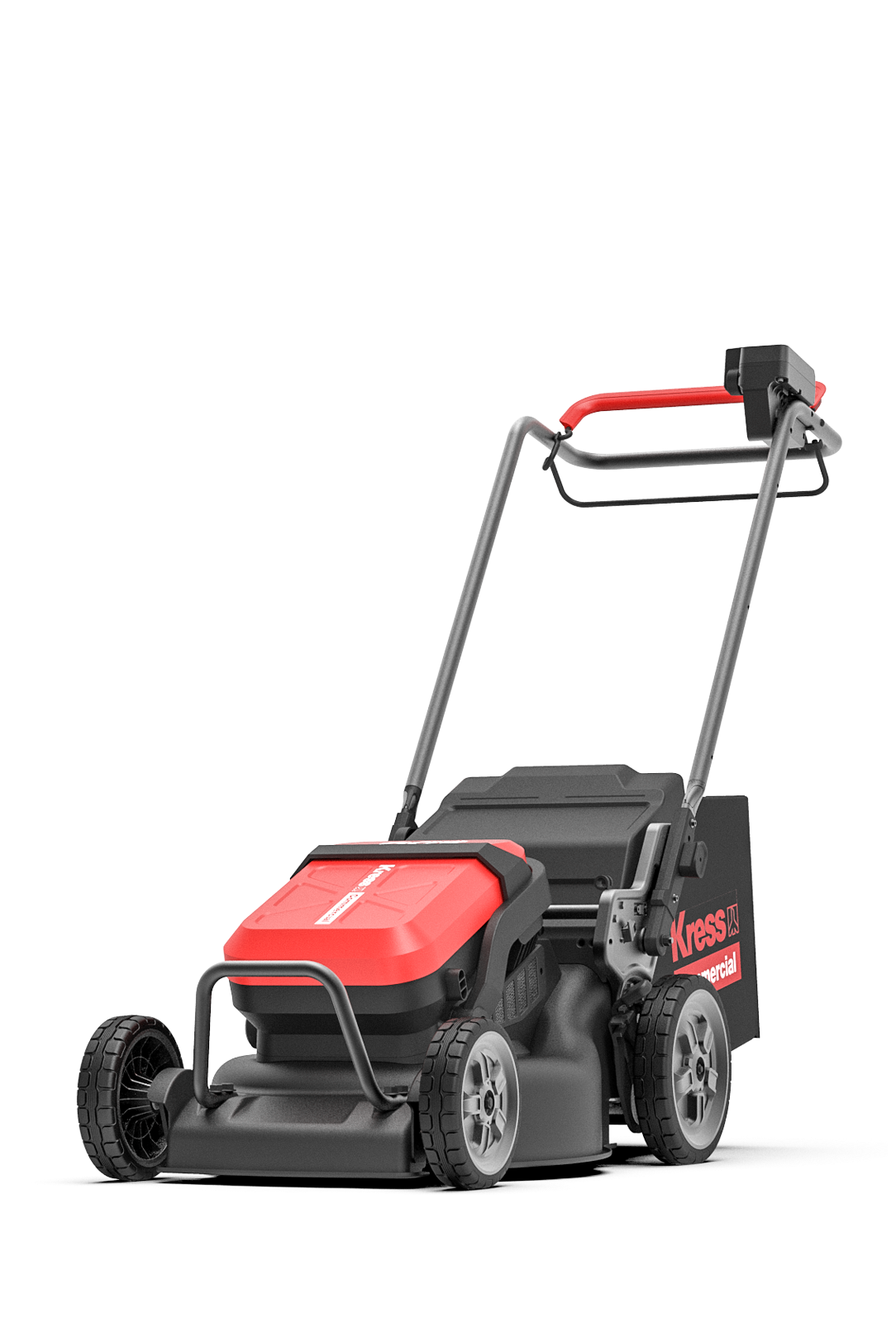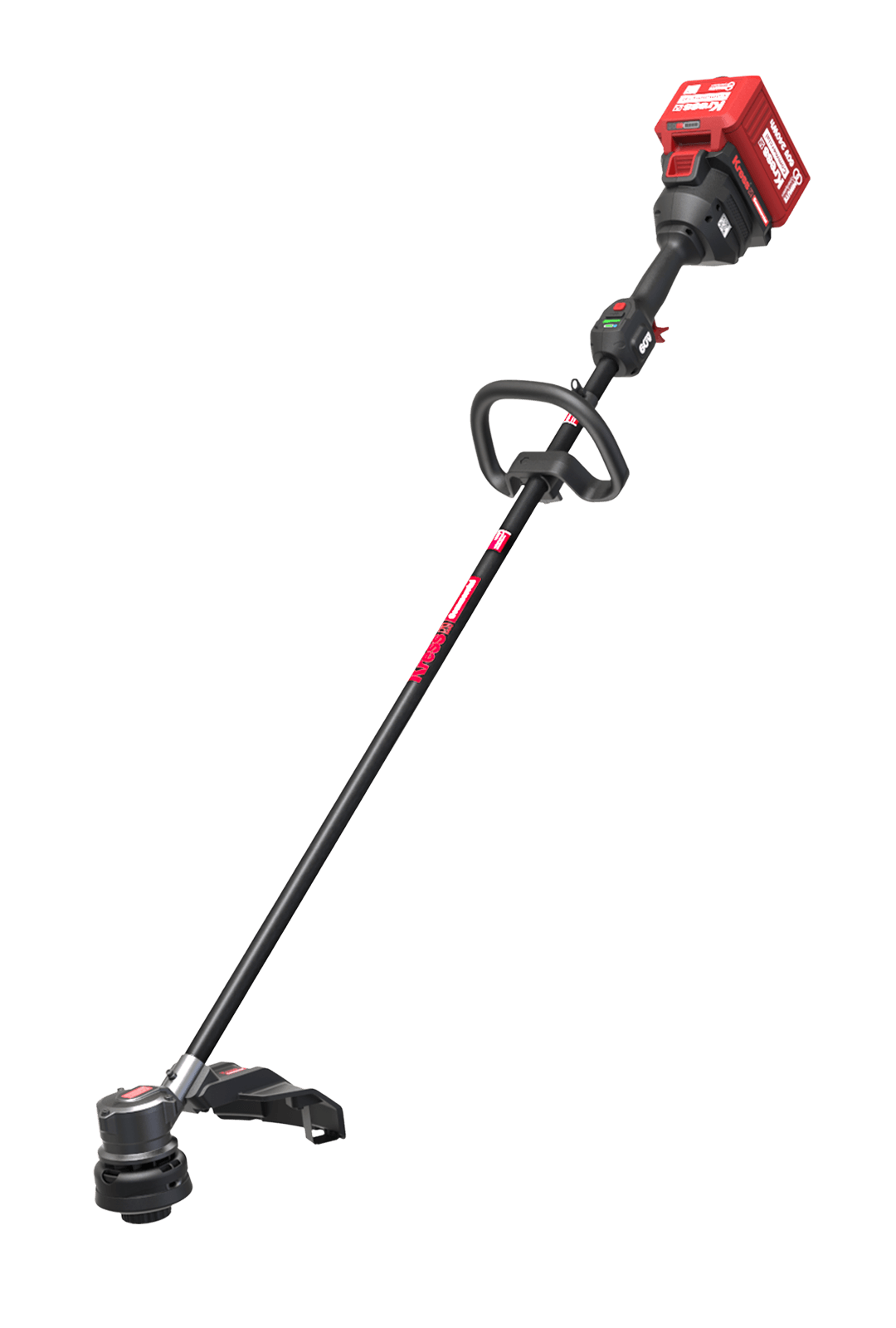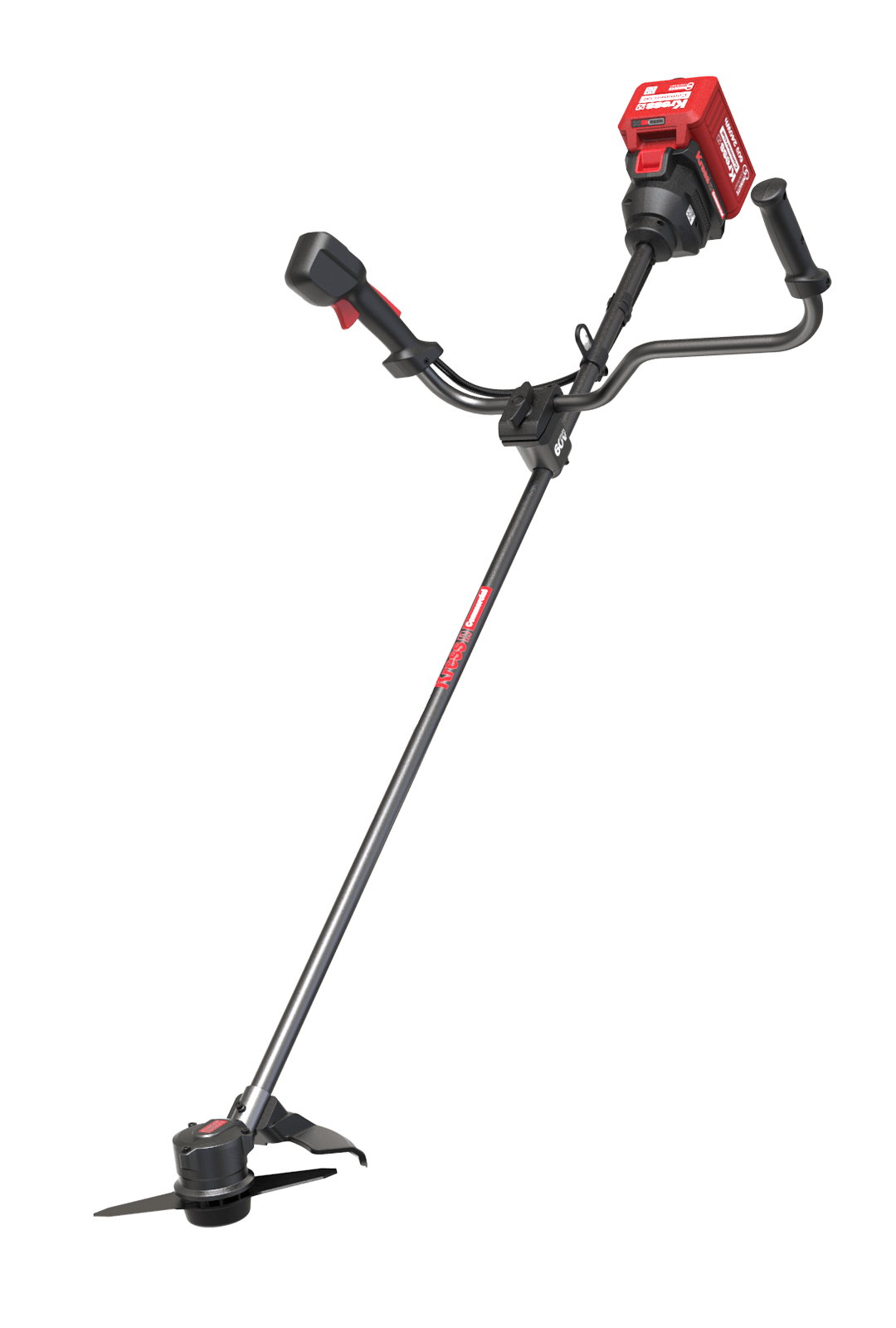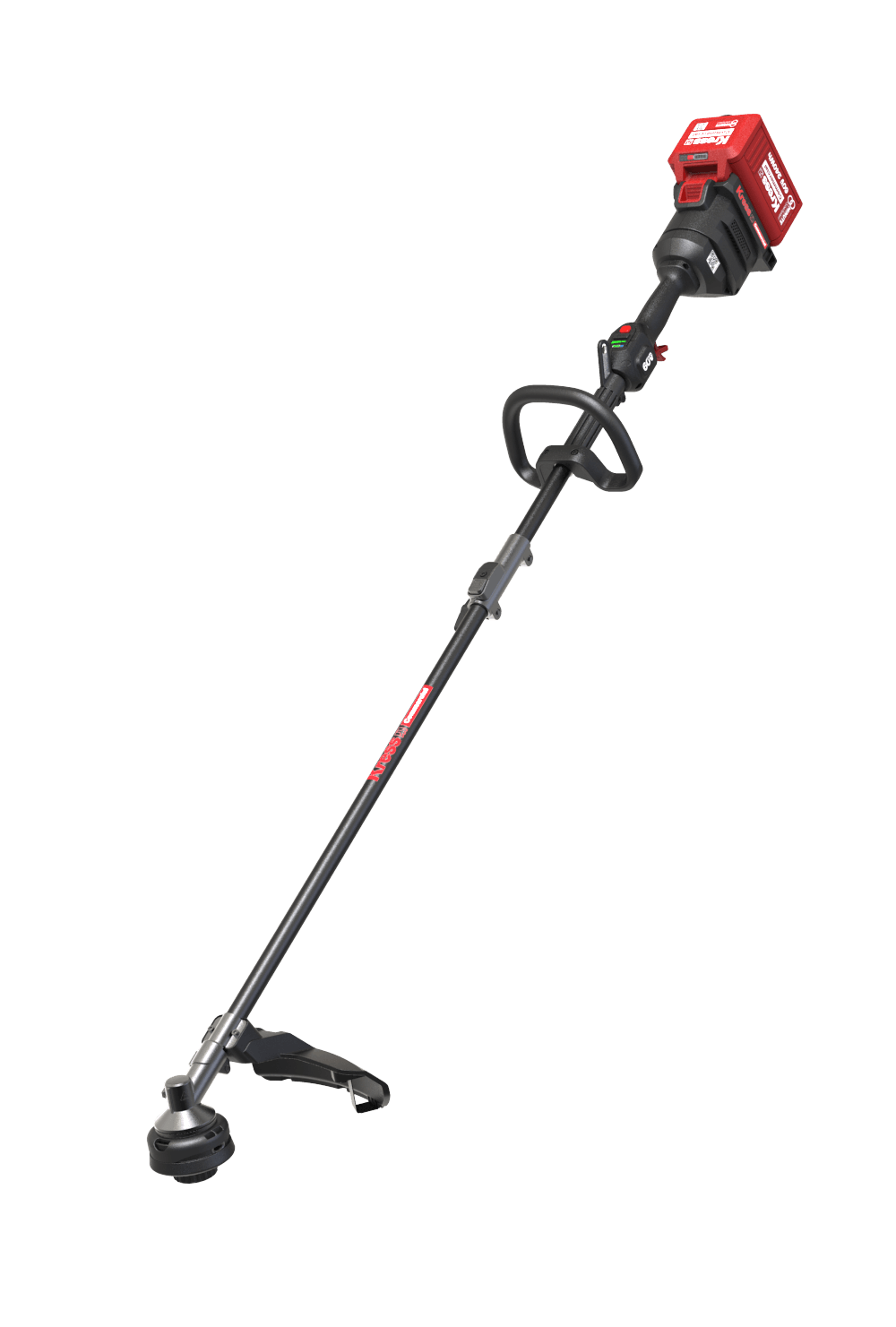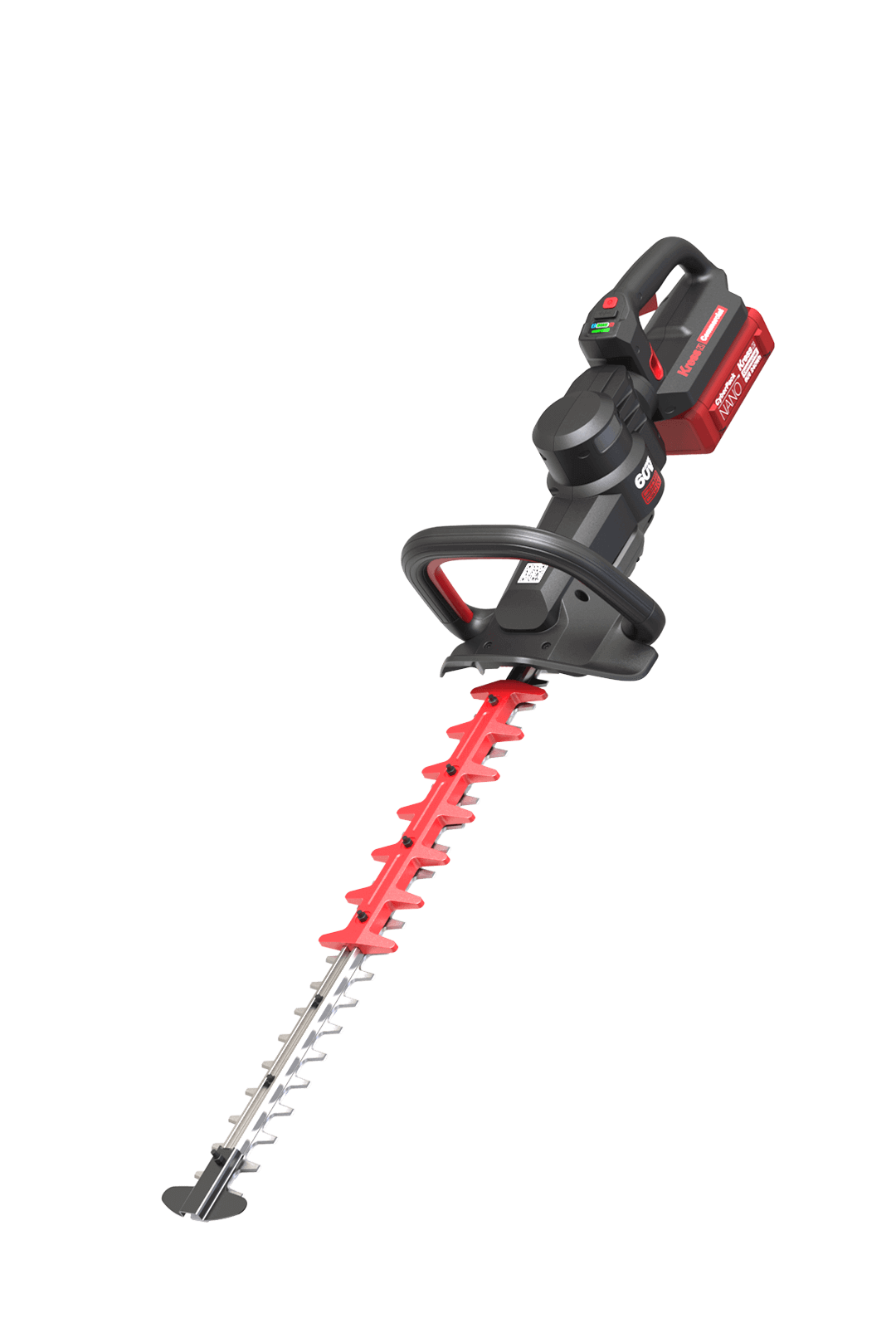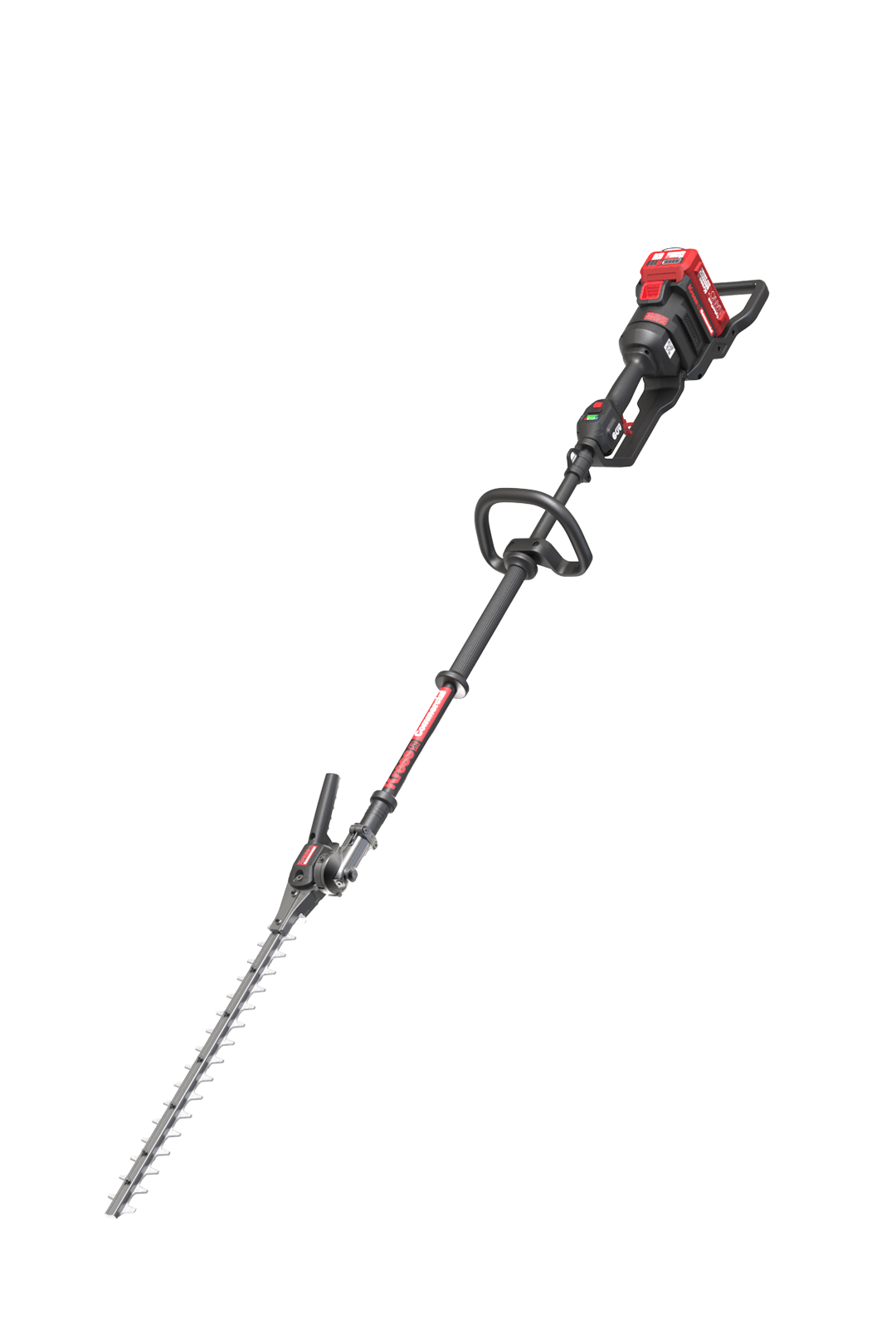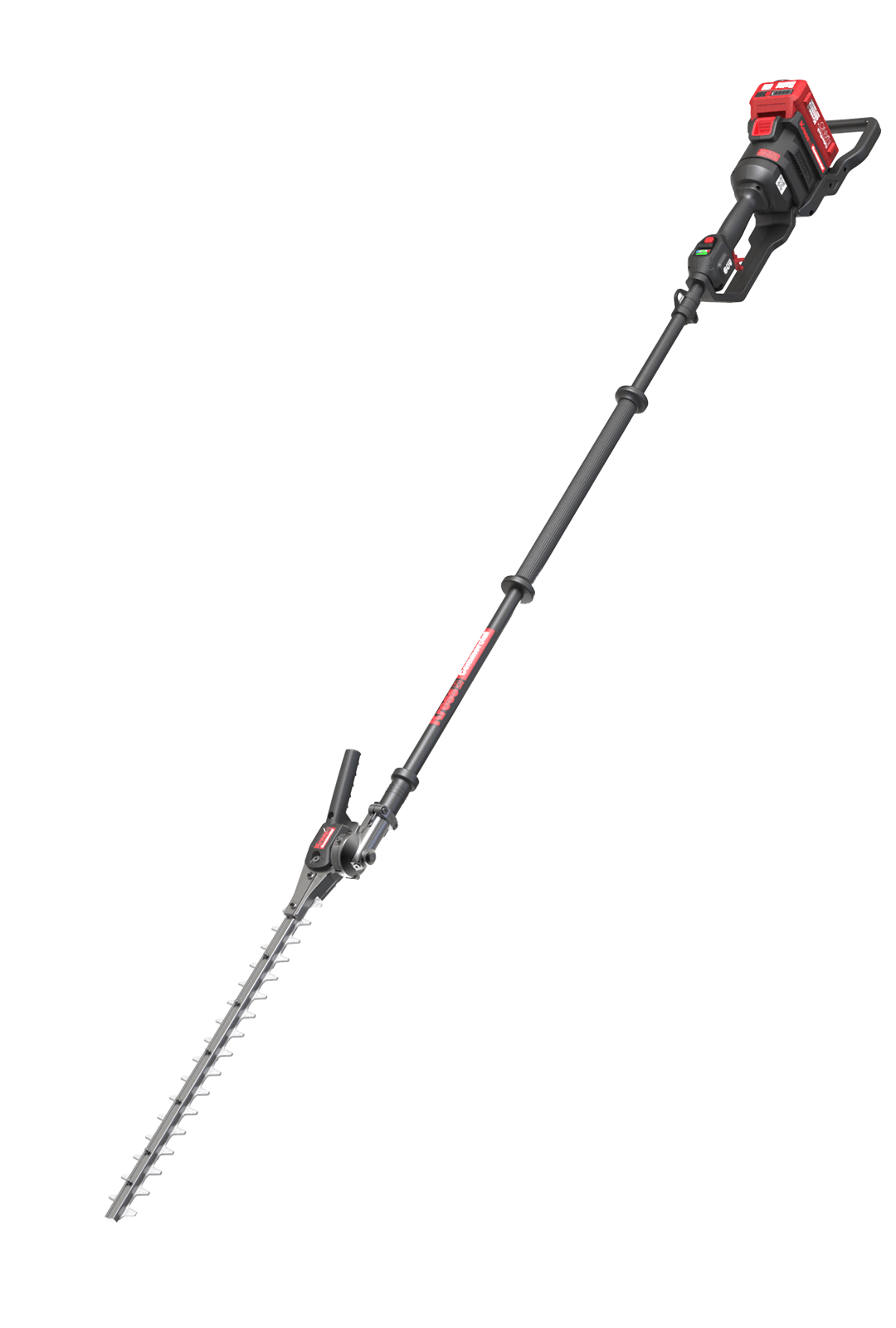Business solution for landscapers
Your business is changing. Rapidly.
With rising eco-demands and noise limits, the shift away from petrol-powered equipment is accelerating. Here’s the solution you’ve been waiting for.
See where it’s happeningA matter of time

States and cities are implementing regulations to phase out petrol-powered OPE, among others:
- Paris, France: started in 2021, full implementation by 2025
- Toronto, Canada: from 2022
- Vancouver, Canada: from 2022
- Oslo, Norway: started in 2022
- California, USA: starting in 2024, full implementation by 2028
- New York City, USA: by 2025
- London, UK: starting in 2025
Similar measures are under consideration in several other cities and countries.
Landscapers and municipalities worldwide are leading the charge toward sustainability by switching from gas to Kress Commercial. Discover their inspiring journeys here. Read the full stories
A growing demand, with the potential to explode
Demand for greener landscaping is growing among facilities, municipalities, and even homeowners. Yet, it’s hampered by existing technology: short-lived batteries with insufficient power and high costs. Kress paves the way for the market’s rapid expansion.
Demand for greener landscaping is growing among facilities, municipalities, and even homeowners. Yet, it’s hampered by existing technology: short-lived batteries with insufficient power and high costs. Kress paves the way for the market’s rapid expansion.
The sooner, the better
Every landscaping company, regardless of size, stands to gain by transitioning away from petrol-powered equipment to Kress Commercial right now. Savings kick in from day one.
Side effects: expect improved productivity, unheard-of user experience, healthier working conditions, and a move towards a neutral carbon footprint.
Immediate financial gains
The math is simple: zero upfront costs, with monthly payments easily offset by the savings on fuel and maintenance. What’s left? Pure profit.
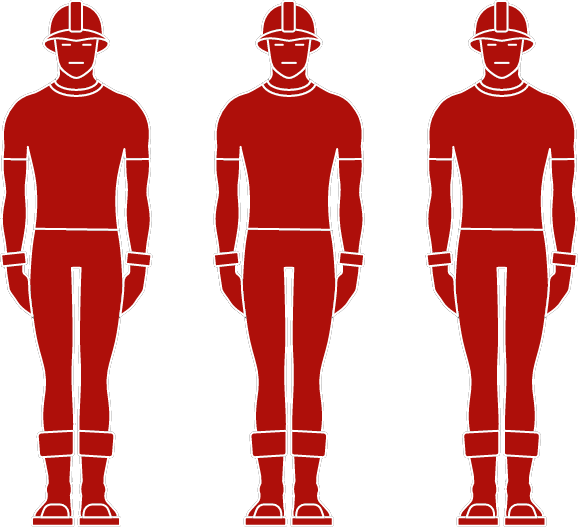
Ask the expert
Your Kress dealer will advise on the transition to sustainable landscaping and how it will benefit every aspect of your business.
Find a dealer near youKress cares
Switching to Kress Commercial battery-operated tools will protect you and your workforce from health risks associated with fossil-fuelled engines.
Vibration
Exposure to prolonged or excessive vibration can lead to a condition known as hand-arm vibration syndrome (HAVS).
Mind bad vibes

Air pollution
Small engines are big polluters. Each small engine emits as much pollution as 11 late model automobiles.
Mind what you breatheNoise
Prolonged exposure to high levels of noise has consequences on both physical and mental health.
Mind your soundscape
Vibration

In combustion engines, high-pressure explosions move the piston in a reciprocating motion, generating explosive vibrations. Conversely, electric motors simply spin, bringing vibration virtually to zero. Extended use of outdoor petrol-powered equipment can lead to an occupational disease known as hand-arm vibration syndrome (HAVS). Consequences of HAVS include vascular disorders, nerve damage, musculoskeletal disorders, reduced grip strength and compromised dexterity. The initial symptoms are mild and easily overlooked, so that the full consequences may not be realised until the condition has progressed to a more severe and permanent stage. Regulations are in place to limit workers’ daily exposure to vibration.
Noise
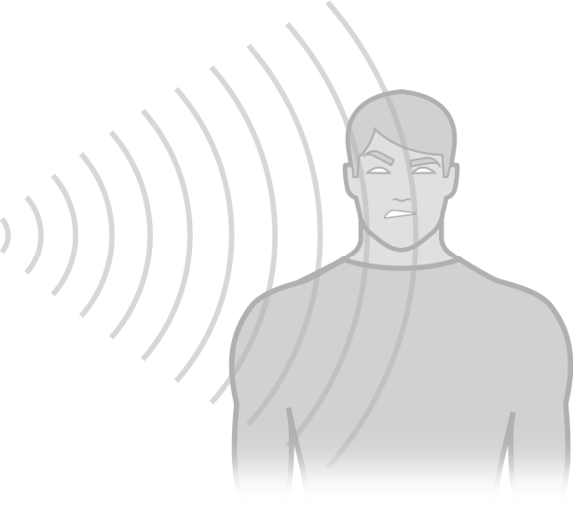
The potential effects of prolonged exposure to loud noise are: hearing damage, tinnitus, stress, sleep disturbance, communication difficulties, and reduced productivity. Loss of concentration due to loud noise can have serious consequences for workers using chainsaws and other potentially dangerous equipment.
Pollution

Toxic pollutants emitted by small engines have a negative impact on human health: Hydrocarbons (HC): respiratory, cardiovascular and central nervous system problems. Carbon monoxide (COL): headache, dizziness, nausea, and even death in high concentrations. Nitrogen dioxide (NO2): respiratory conditions, risk of cancer. Particulate matter (PM): respiratory and cardiovascular conditions; has been linked to premature death. Non-methane volatile organic compounds (NMVOC): eyes irritation and respiratory conditions. Sulfur dioxide (SO2): lung function impairment, respiratory infections, cardiovascular effects. Ammonia (NH3): respiratory distress, eye irritation and throat irritation.
Concerned about power?
Think huge.
The output power of Kress Commercial tools is comparable, if not superior, to that of petrol engines. Even better, their instant torque provides a thrilling new working experience.
Boost your performanceReady for
take-off?

Until now, limited power has discouraged commercial landscapers from switching to battery-powered OPE. This is because conventional batteries are unable to deliver high discharge current. And if they could, they would not last long. With the Kress 8-minute CyberSystem technology, batteries are now able to supply all the current that’s needed to unleash unprecedented power, whilst extending their service life to a new level. Even better, electric motors deliver instant torque from zero RPM on, which makes them way more efficient and less prone to bogging down. In contrast, petrol-powered engines need to rev up to some 3,500 RPM before achieving maximum torque. As a consequence, when the engine is slowed down by a heavy load, the torque drops dramatically.
Start saving now
Transition away from petrol-powered equipment to Kress Commercial right now. The sooner, the better.
Coming soonKress for municipalities
Municipalities are committed to improving their residents’ quality of life. They can now make a positive change by resetting air pollution and promoting healthier working conditions.
Find a dealer near you
